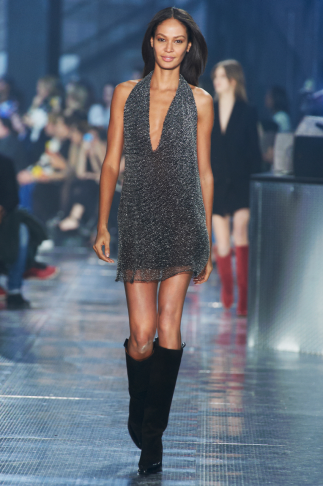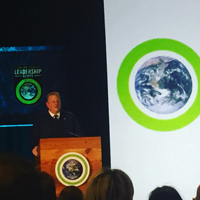
According to Textile Exchange’s latest Organic Cotton Market Report 2013, H&M manifests its leading position as the number one user of certified organic cotton with its 29% increase in the last year. This is part of the company’s strategic target to use only more sustainable cotton by 2020.
“We congratulate H&M on its continued impressive demonstration of leadership. H&M is a wonderful example of a company making meaningful change in the textile industry. With its constantly increasing demand for organic cotton, H&M sends an important signal to producers and at the same time makes more sustainable fashion accessible and desirable to a broad target group.” says LaRhea Pepper, Managing Director at Textile Exchange.
In 2013, 10.8% of the cotton used for H&M was certified organic, a continued increase from 7.8% in 2012.
“We are very proud of this achievement and we have set a clear goal to further increase our usage of certified organic cotton. This is part of our strategic target to use only more sustainable cotton by 2020.” says Henrik Lampa, H&M’s Environmental Sustainability Manager.
H&M headed Textile Exchange’s annual ranking already in 2010 and 2011 and took the second rank in 2012. All organic cotton used for H&M is independently certified. All garments containing at least 50% certified organic cotton are clearly labeled with a dedicated hang tag.
“To achieve our ambitious target, we create a growing demand for certified organic cotton, while additionally investing in Better Cotton and pioneering recycled cotton. All together means major improvements for people and the environment and makes clear business sense.” Henrik Lampa continues.
Better Cotton is cotton grown in a way that aims to reduce stress on the local environment and to improve the livelihoods and wellbeing for farmers and their communities. H&M is very actively involved in the Better Cotton Initiative (BCI). Between 2011 and 2013 alone, H&M directly invested more than EUR 2 million in BCI’s Fast Track Program to equip farmers with the required know-how. So far, more than 300,000 farmers have been trained. By the end of the financial year 2013, Better Cotton represented 5% of H&M’s total cotton use.
Earlier this year, H&M launched the first products made with recycled cotton that had been generated from consumer textile waste. This came after H&M had launched the world’s first global garment collecting scheme, aiming to pioneer a closed loop for textile production.


